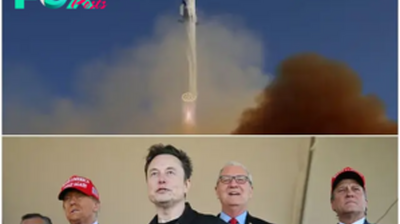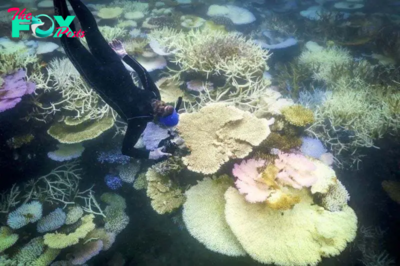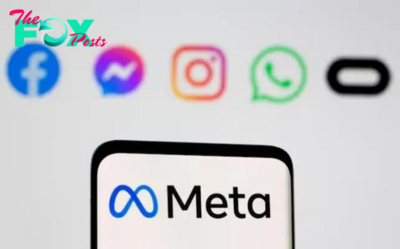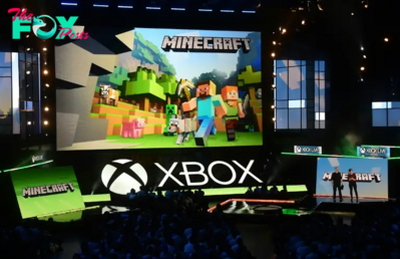Technology
Musk wants 25% voting control at Tesla before fulfilling AI goal
Tesla CEO Elon Musk said he would be uncomfortable growing the automaker to be a leader in artificial intelligence and robotics without having at least 25% voting control of the company, nearly double his current stake.
I should note that the Tesla board is great. The reason for no new “compensation plan” is that we are still waiting for a decision in my Delaware compensation case. The trial for that was held in 2022, but a verdict has yet to be made.
— Elon Musk (@elonmusk) January 15, 2024
I put “compensation plan” in quotes,…
Musk said on Monday in a post on social media platform X, formerly known as Twitter, that unless he got stock in the world's most valuable automaker that was "enough to be influential, but not so much that I can't be overturned," at Tesla, he would prefer to build products outside of the electric-vehicle manufacturer.
Musk's warning about developing AI and robotics outside Tesla unless he gets more voting control could infringe on his duties as CEO, governance experts and analysts said.
He has long touted Tesla's partially automated "Full Self-Driving" software and its prototype humanoid robots, but the electric-vehicle maker generates most of its revenue from its automotive business.
He also promoted Tesla's Dojo supercomputer to train AI models, which Morgan Stanley analyst Adam Jonas said in September could boost its market value by almost $600 billion by helping to speed up its foray into robotaxis and software services.
Tesla's shares inched up 0.5% on Tuesday, but have fallen by more than 11% since the start of the month.
Musk, the world's richest person, currently owns around 13% of Tesla stock after selling billions of dollars of shares in 2022 partly to help finance his $44 billion purchase of Twitter.
In a separate post on X, he said he would be fine with a dual-class share structure to achieve his goal of getting 25% voting control, but was told it was impossible after Tesla's initial public offering.
"It's weird that a crazy multi-class share structure like Meta has, which gives the next 20+ generations of Zuckerbergs control, is fine pre-IPO, but even a reasonable dual-class is not allowed post-IPO," he said, referring to the Facebook parent's founder Mark Zuckerberg.
Companies with dual-class structures have two or more types of shares with different voting rights — usually one with greater voting rights for founders or early investors and another for other shareholders with less voting power.
Tesla did not respond to a request for comment.
Musk currently faces a lawsuit over his compensation package. Tesla shareholder Richard Tornetta sued Musk and the board in 2018 and hopes to prove the co-founder used his dominance over Tesla's board to obtain an outsized compensation package that did not require him to work at the EV maker full-time.
Musk said on X there was no "feud" with the board over his new compensation package and said the pending verdict was holding back the discussions.
No feud or battle at all. The Tesla board is excellent.
— Elon Musk (@elonmusk) January 16, 2024
Waiting for the case to be decided
— Elon Musk (@elonmusk) January 15, 2024
-

 Technology3h ago
Technology3h agoPublic health surveillance, from social media to sewage, spots disease outbreaks early to stop them fast
-

 Technology7h ago
Technology7h agoWhy a Technocracy Fails Young People
-

 Technology19h ago
Technology19h agoTransplanting insulin-making cells to treat Type 1 diabetes is challenging − but stem cells offer a potential improvement
-

 Technology1d ago
Technology1d agoShould I worry about mold growing in my home?
-

 Technology1d ago
Technology1d agoBlurry, morphing and surreal – a new AI aesthetic is emerging in film
-

 Technology2d ago
Technology2d agoRethinking screen time: A better understanding of what people do on their devices is key to digital well-being
-
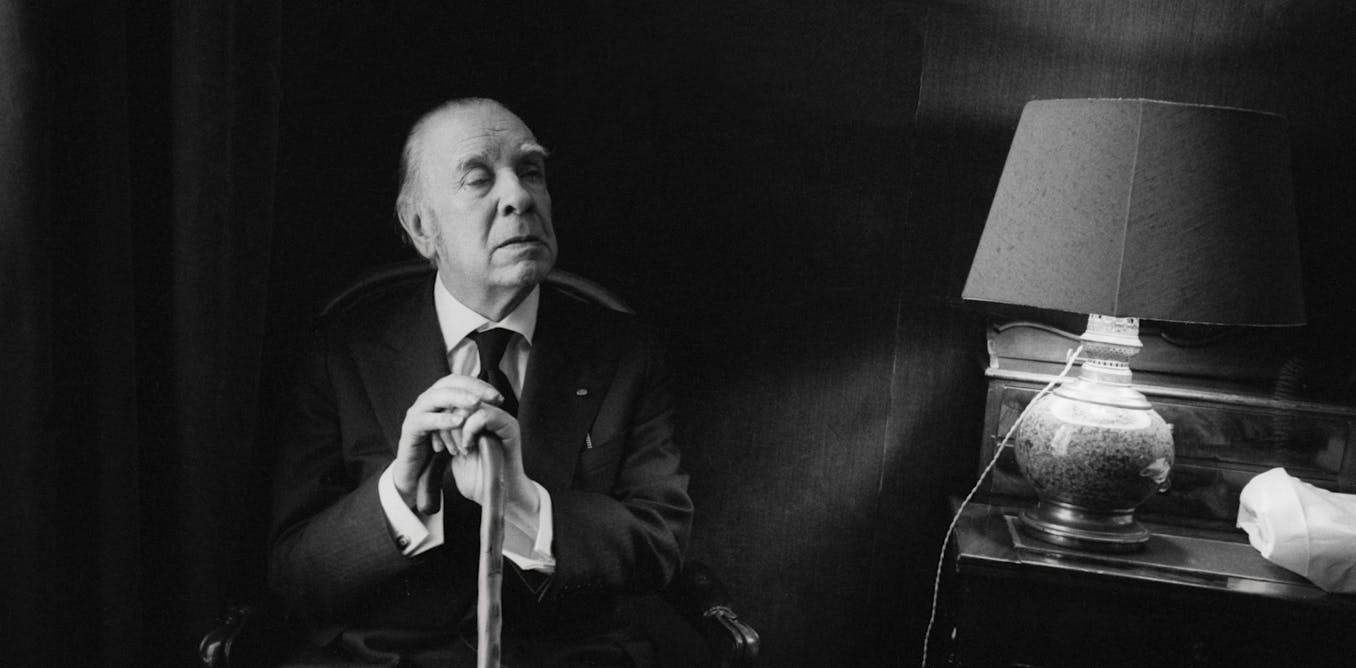
 Technology2d ago
Technology2d agoAn 83-year-old short story by Borges portends a bleak future for the internet
-

 Technology2d ago
Technology2d agoFacebook users in Germany can seek compensation for 2018–2019 data misuse | The Express Tribune




